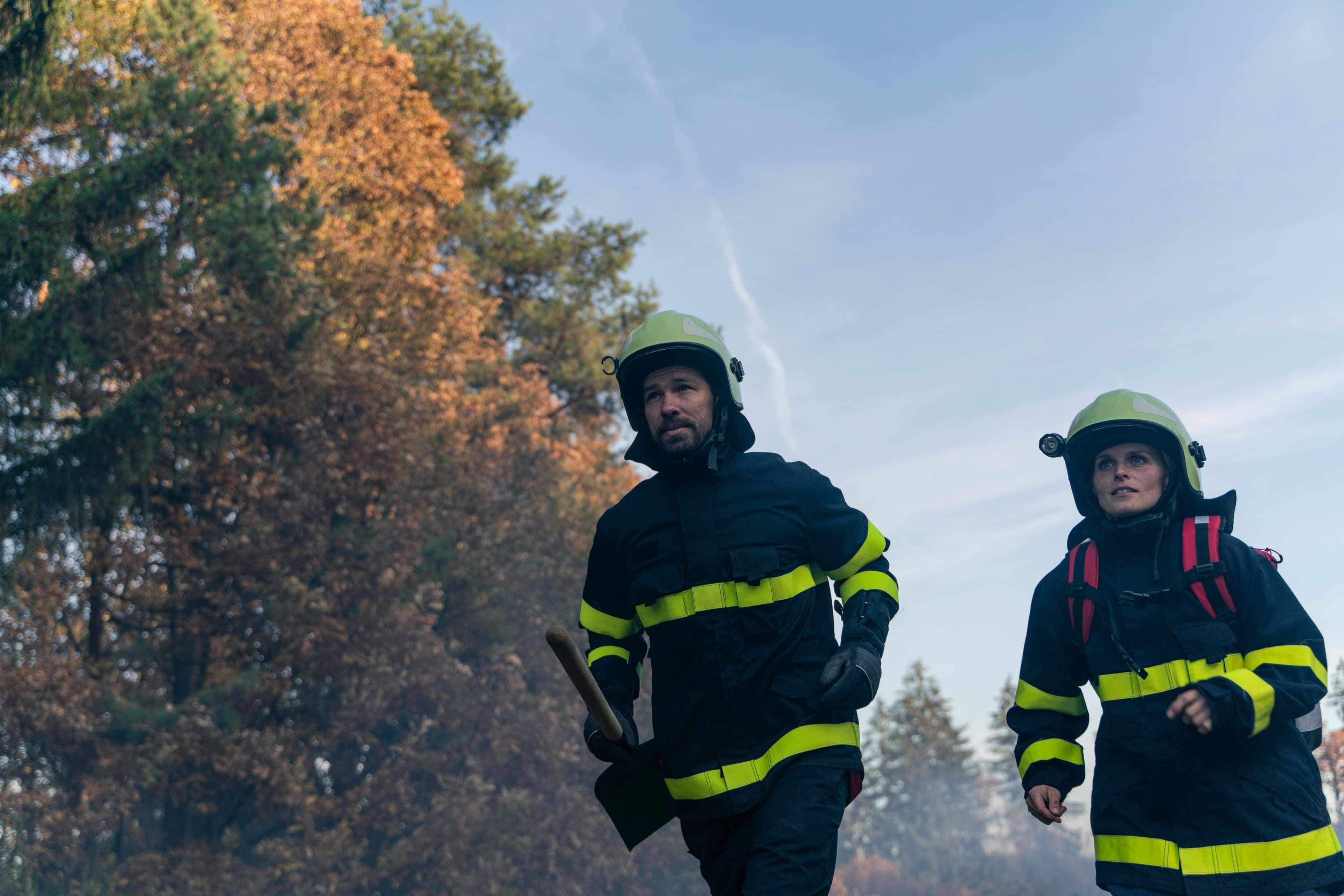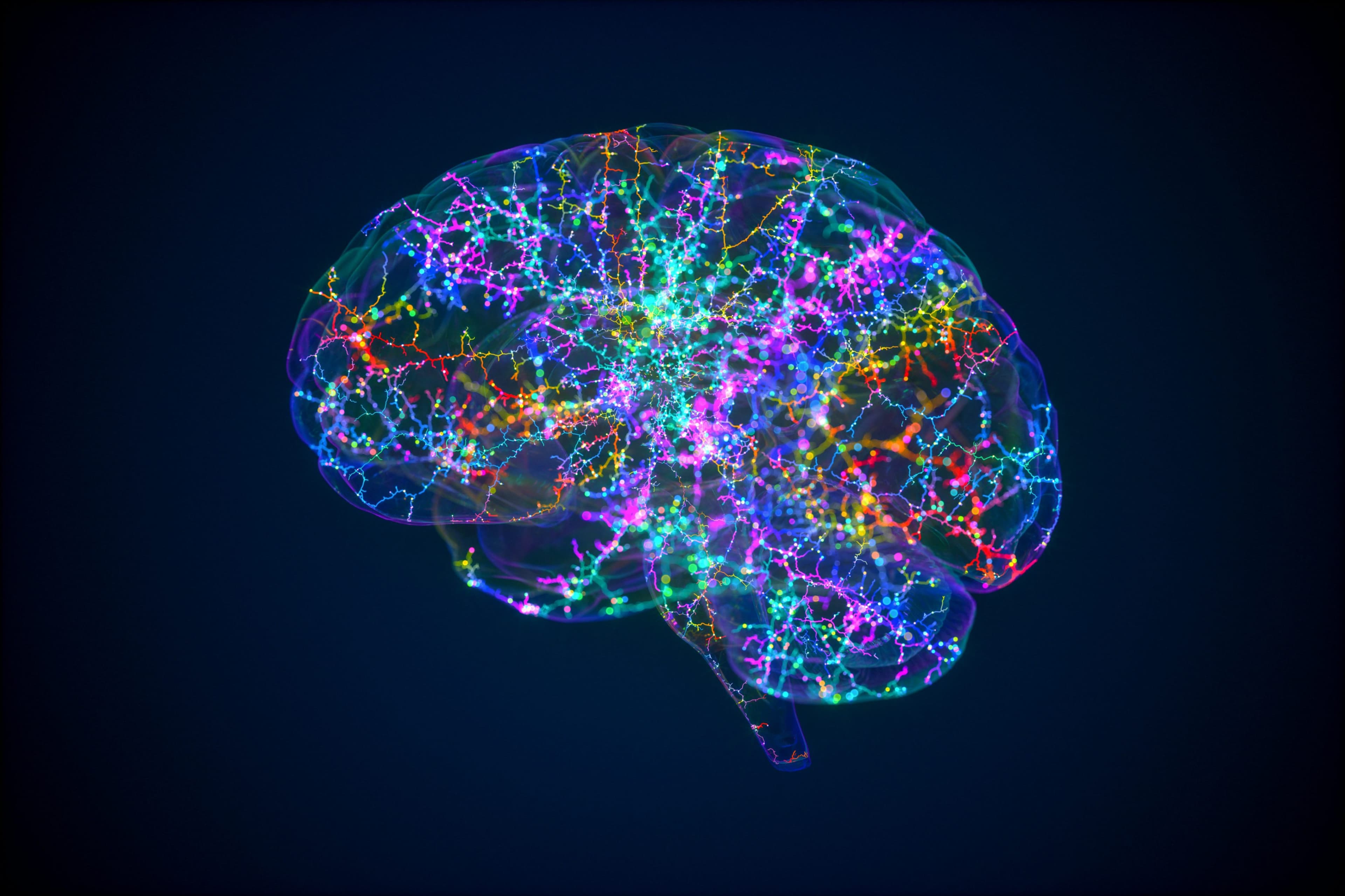
Lifelong Learning: Opportunities Offered by City Programs and Libraries
In many American cities, libraries and municipal programs are no longer just quiet places filled with books. They’re vibrant, dynamic centers for learning—serving people of all ages, backgrounds, and stages of life. Whether you're a recent high school graduate, a mid-career professional looking for new skills, or someone entering retirement, cities are increasingly offering a host of lifelong learning opportunities to help you grow, connect, and adapt in an ever-changing world.
What Lifelong Learning Means in the Local Context
Lifelong learning includes any educational activity beyond formal schooling. Some common areas:
Adult literacy and English as a Second Language (ESL) instruction
Digital skills and computer literacy classes
Technology and maker labs
Career services, resume workshops, interview prep
Cultural, creative, and wellness programming (art, crafts, book clubs, local history)
Community conversation groups, civic education, and media literacy
These programs help individuals stay competitive in the job market, become more engaged community members, and improve overall well-being.
Recent Examples & City Innovations
Here are a few recent city/library programs showing how communities are embracing lifelong learning:
San Jose Public Library (California)
SJPL offers robust Adult Services programs including literacy and ESL classes, workshops in technology (like basic computing and photo editing), conversation clubs, and more. The programs attract large numbers of attendees and reflect strong local demand for adult learning. ²New York Public Library (NYC)
NYPL provides many options for adult learners: ESOL (English for Speakers of Other Languages), digital skills classes (TechConnect), career services (resume help, job-search support), financial literacy, workshops, conversation groups, and more. Many branches offer these in-person and virtually. ³Nevada Libraries – Librarian-in-Residence Workforce Development
In mid-2024, Nevada’s North Las Vegas Library District and Carson City Library launched a librarian-in-residence model. This includes an Individual Career Mapping & Training Delivery model, with features like virtual reality "field trips" for skill building, helping patrons explore STEM skills and job readiness. ⁴Delaware County Libraries (Pennsylvania)
The library system there has positioned itself as a “Gateway to Lifelong Learning” by offering a wide range of programs—digital resources, language learning tools, online homework help, fitness classes, reader and writer groups, genealogy workshops, and more—all designed to serve members of every age. ⁵ALA’s “Libraries as Literacy Centers” Initiative
In 2025, eight U.S. libraries were selected under this initiative to strengthen their capacity to meet local literacy needs. The program supports libraries building community-based literacy models, professional learning communities, and technical assistance tailored to local demographics. ⁶
Best Practices for Cities & Libraries
To maximize impact, municipal leaders and library systems should consider these guidelines:
Make access easy: Free programs, flexible timing (evenings/weekends), virtual options.
Provide relevant content: Survey residents to find out what skills or topics matter most (digital skills, career guidance, language classes, etc.).
Ensure inclusivity: Offer multilingual classes, ADA-friendly space, remote and in-person options.
Partner locally: Collaborate with community colleges, nonprofits, workforce boards to provide certificates or recognizable credentials.
Measure outcomes: Track attendance, skill gains, employment outcomes, learner satisfaction. Use data to refine programming.
Promote awareness: Many people don’t know what their local libraries offer. Use social media, city newsletters, community partners to share opportunities.
My Perspective: Lifelong Learning Where I Live
As someone based in a growing city, I’ve experienced firsthand how the library can be more than a spot for books - it’s a place to up-skill, reimagine career possibilities, and feel connected. For example, I took a free digital (and in person) skills workshop at my public library that introduced me to basic coding, marketing, and data tools. It helped me feel more confident in navigating remote-work tasks and inspired me to dive deeper into tech resources.
Programs that meet people where they are - whether that’s through evening classes, hybrid virtual/in-person formats, or targeted skill tracks - make a real difference. Lifelong learning isn’t just for the formally educated; when cities invest in learning opportunities for all, the whole community benefits: stronger local economies, more civic engagement, and more fulfilled residents.
Conclusion
Lifelong learning programs offered through city governments and libraries are powerful tools. They expand opportunity, strengthen community connections, and help cities adapt to shifting economic and social trends. By focusing on accessibility, relevance, and measurement—and by promoting what they offer clearly- cities can ensure that learning truly is for life.
For city leaders: continue investing in library resources, workforce partnerships, and adult education. For residents: check out your local library- you might find programs that fit precisely what you need to grow.
References
American Library Association (ALA) & Institute of Museum and Library Services. “New Grant Supports the Creation of 500 Adult and Family Literacy Support Centers in Libraries Nationwide.” 2024. ¹
San Jose Public Library. “Adult Services: Literacy, ESL & Technology Programs.” Latest FY Data. ²
The New York Public Library. “Adults: ESOL, TechConnect & Career Services.” ³
Library Journal. “Nevada Libraries Launch Workforce Development Program with VR, Librarians-in-Residence.” July 2024. ⁴
Delaware County Libraries. “A Gateway to Lifelong Learning.” Public Relations Release. February 2024. ⁵
American Library Association. “Libraries as Literacy Centers Initiative: Strengthening Libraries’ Capacity to Meet Local Literacy Needs.” 2025. ⁶
More from Professional Development and Training
Explore related articles on similar topics





